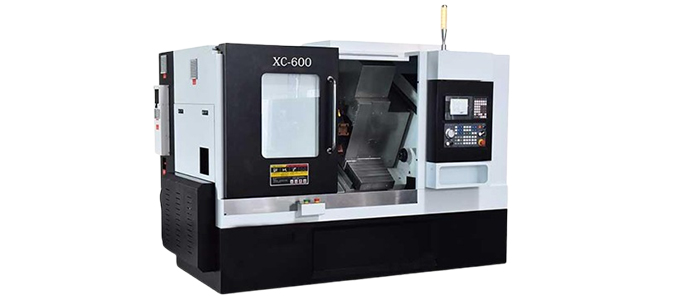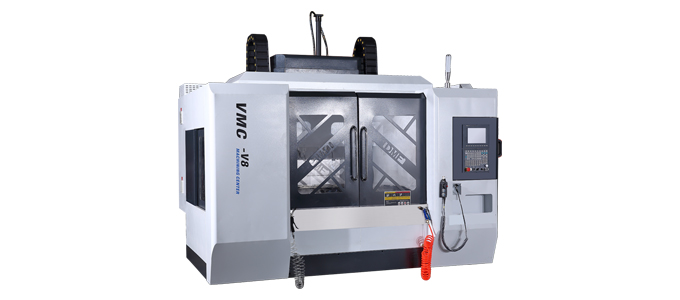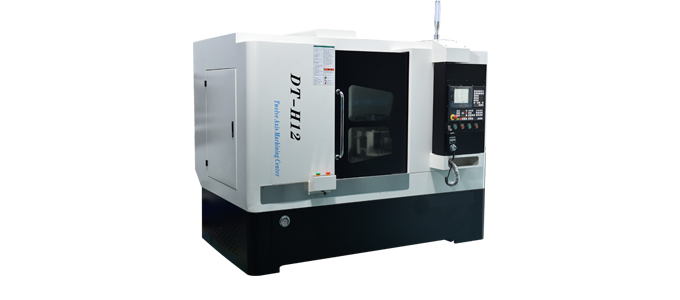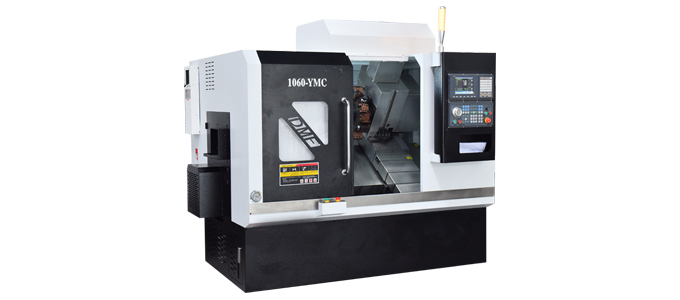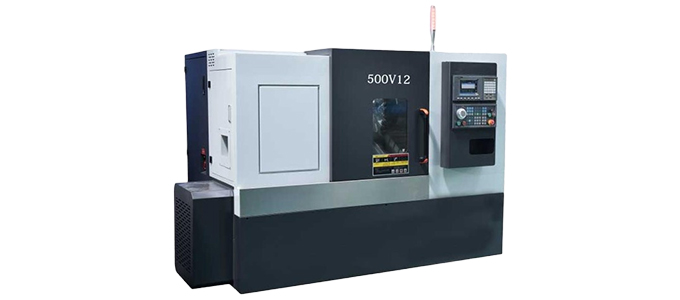The marine industry relies heavily on the quality and precision of its components. CNC (Computer Numerical Control) lathe machines have significantly improved the manufacturing process, providing the accuracy and efficiency needed to produce critical parts such as rudder shafts, propeller shafts, porthole fittings, marine valves, pipe joints, elbows, and flanges. The impact of CNC technology on the quality of marine components cannot be overstated.
CNC lathe machines use computer-controlled instructions to guide the movement and operation of tools, ensuring that each part is produced with exact specifications. This automation minimizes human error and ensures consistent quality, making CNC machines ideal for the marine industry. The ability to produce complex shapes and detailed features with tight tolerances is crucial for components that must perform reliably in harsh marine environments.
Rudder shafts are vital for the steering of ships, and their production must adhere to precise dimensions to ensure reliable performance. CNC lathe machines can turn raw metal rods into accurately dimensioned rudder shafts, maintaining the integrity and functionality of the steering system. The precision of CNC machining ensures that rudder shafts can withstand the rigors of the marine environment.
Propeller shafts, which transfer power from the engine to the propeller, also require high precision. Any deviation in their dimensions can lead to operational issues, such as vibrations and inefficiencies. CNC lathe machines can manufacture propeller shafts to exact specifications, enhancing the overall performance and reliability of the vessel.
The production of porthole fittings and marine valves benefits significantly from CNC technology. These components often have intricate designs and require tight tolerances to function correctly. CNC machines can produce porthole fittings with detailed features and marine valves that regulate fluid flow accurately, ensuring their proper functionality in marine applications.
Pipe joints, elbows, and flanges are essential components of the ship's plumbing and exhaust systems. CNC lathe machines can manufacture these parts in various shapes and sizes, ensuring precise fits and leak-proof connections. The flexibility of CNC machining allows for the customization of these components to meet specific requirements, enhancing the overall efficiency of the ship's systems.
The advancements in CNC technology have further improved the capabilities of these machines. Enhanced software, more precise tooling, and faster processing speeds have increased the efficiency and accuracy of CNC manufacturing. These innovations ensure that the marine industry can rely on high-quality components that meet the stringent demands of modern seafaring.
In conclusion, CNC lathe machines play a crucial role in the production of marine components by providing the precision, efficiency, and reliability needed to produce essential parts. The ability to manufacture rudder shafts, propeller shafts, porthole fittings, marine valves, pipe joints, elbows, and flanges with high accuracy ensures the safety and performance of modern vessels. As technology continues to advance, CNC lathe machines will remain integral to the marine industry, driving innovation and improving the quality of maritime components.


